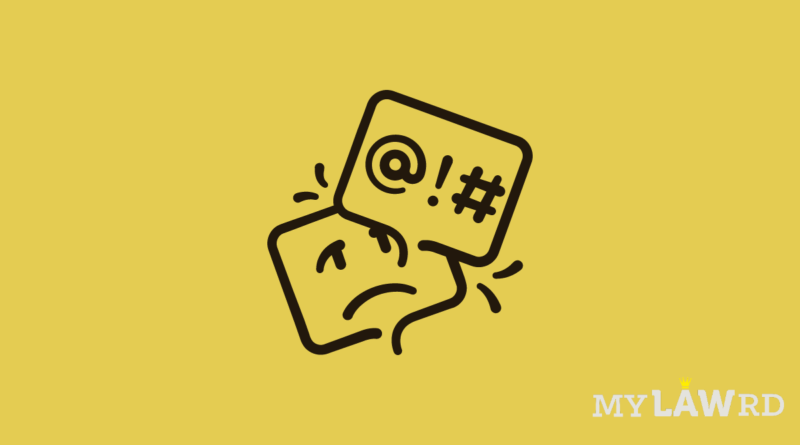Social Media is flagging and removing lesser hate speech content: EU
An evaluation by the European Commission shows that social media companies flagged and removed less hate speech content than in 2019 and 2020. Companies reviewed 81% of the notifications within 24 hours and removed an average of 62.5% of flagged content, lower than 2020’s average of 90.4% and 71%, respectively.
What’s the report about?
The European Union has a framework decision on combating racism and xenophobia (prejudice against people from other countries). The framework criminalizes public incitement to violence or hatred directed against persons who belong to a certain race, religion, ethnicity, or nation. It applies to online hate speech too.
To counter online hate speech, the European Commission presented a “Code of Conduct on Countering Illegal Hate Speech Online” in 2016 along with Facebook, Microsoft, Twitter, and YouTube. Since then, Instagram, Snapchat, Dailymotion, Jeuxvideo.com, TikTok, and LinkedIn have also joined. All the stakeholders regularly meet under the umbrella of the ‘High-level Group on Combatting Racism and Xenophobia’ to discuss progress and challenges.
The present report is the sixth evaluation report of the progress, taking data from approximately 6 weeks. Companies take action against illegal content as per their obligations under the Digital Services Act. 22 Member states and 25 organizations send notifications, and companies take action on them.
Key Figures from the report
Total Notifications: Social media companies received 4523 notifications. Out of the total notifications, they received 3237 notifications through reporting channels available to general users and 1306 through specific reporting channels available only to trusted flaggers/ reporters.
Share of Notifications: Facebook received the largest number of notifications, followed by Twitter (1595), YouTube (519), Instagram
(401), TikTok (199), and Jeuxvideo.com (30). Dailymotion and Microsoft did not receive any notification in the course of the
monitoring exercise.
In addition to these notifications, states and organizations submitted 315 cases of hate speech to the police, public prosecutor’s bodies, or national authorities.
Response within 24 hours of notification: Youtube (88.8%) is the quickest to respond to notifications. It is followed by TikTok (82.5%), Twitter (81.8%), Facebook (81.5%), and Instagram (62.4%). Jeuxvideo achieved a 100% record.
On average, the companies assessed 81% of the notifications in less than 24 hours, and an additional 10.1% in less than 48 hours.
Removal Rates: Companies removed 62.5% of the content notified to them, while 37.5% remained online. This result is lower than the average of 71% recorded in 2019 and 2020.
Further, removal rates varied depending upon the severity of the harmful content. The rate for content calling for murder was highest at 69%. It was followed by defamation (55%). TikTok removed 80.1% of the content, Facebook 70.2%, YouTube 58.8%, Instagram 66.2%, and Twitter 49.8%. Juexvido removed all flagged content.
However, companies removed 13.5% less content when reported by general users, treating the notifications differently from those received from trusted flaggers.
Disagreements: Facebook disagreed with notifications in 12% of the cases, followed by Instagram (11.9%) and YouTube (10%).
Facebook is doing the notifications right
The Digital Services Act requires companies to provide feedback to users about notifications. Facebook informed the highest number of users regarding notifications (86.9%). Twitter gave feedback to 54.1% of users, and was followed by Instagram (41.9%), TikTok (28.7%), and YouTube (7.3%).
Once again, companies provided more feedback when the notifications came from trusted flaggers. The difference here is quite high, with Twitter providing feedback to 76.6% of trusted users compared to only 40% of general users. Similarly, YouTube provided feedback to 25.3% of trusted flaggers, but only to 3.1% of general users.
Here’s a copy of the full report.
Do subscribe to our Telegram channel for more resources and discussions on tech-law. To receive weekly updates, don’t forget to subscribe to our Newsletter.

